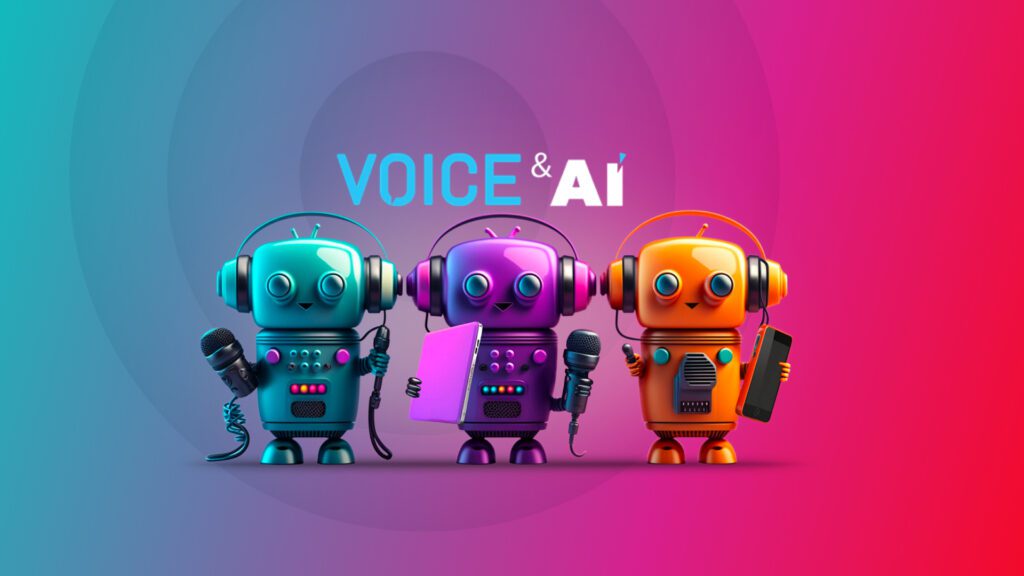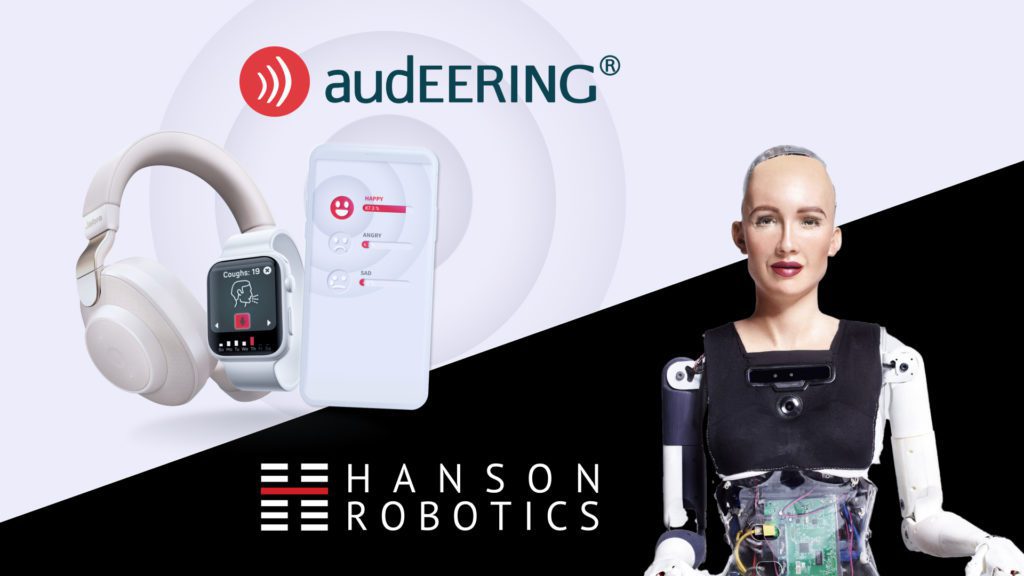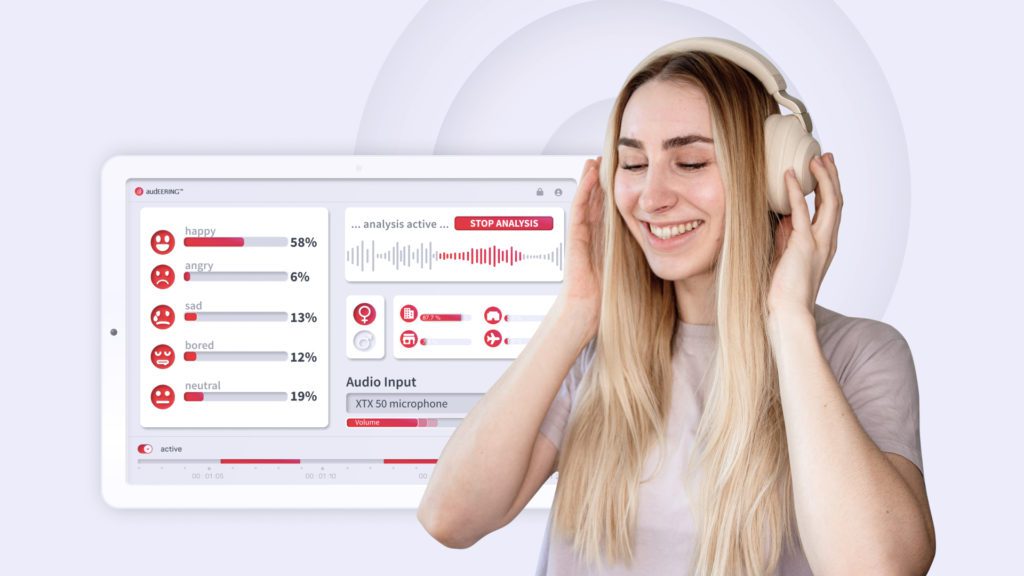The recognition and perception of emotional output is an essential part of human communication. To develop the socio-emotional communication skills of autistic children, therapy has to focus on that. In the ERIK project a new form of therapy, using a robotic system, is being developed and tested. The project is funded by the BMBF for three years.
Using Robots in Therapy with Children
The use of robots has proven to be beneficial in the therapy of these children. Firstly, because a robot is perceived by these children as less complex. Therefore, it is more predictable and less frightening. Secondly, because autistic children often show great interest and many strengths in the technical field. The robot detects facial expressions and speech in the interaction with the child. Then it interprets these signals and derives emotions from this in real time. Combined with a therapy app and in cooperation with a therapist, emotional and social skills can be trained in this way.
Why Speech Analysis?
Speech commands are used in everyday situations. That’s why the area of intelligent speech analysis is an essential building block for this therapy. Generally, the way someone says something gives much more indication of a person’s emotional state than is conveyed via the content.
The Goal: a Database
Creating such a robotic system, data from a comparison group with typical children, but also adults, must be recorded. The resulting emotion models will then provide the basis of comparison for acoustic analysis with autistic children. audEERING will lead the development of a speech database for the target groups – adults and children. Probands for both groups will therefore be invited to record given words and phrases in specific emotions – e.g., frustration, joy, boredom, interest, sadness, surprise, anger.
To support and further develop the database audEERING created a recording app as part of a research project, which should make the general recording of data more effective.
Today’s Status: Work in Progress
Developing new standards can be seen as an ongoing process. At the moment audEERING’s technology from the product devAIce has been implemented on ROS (Robot Operating System). The technology runs for now with the robot Pepper. The project partner in Berlin, the Humboldt University, is evaluating a new interaction strategy using also audEERING‘s speech emotion recognition in therapy with autistic children.
If you are interested in more information about this project, make sure to follow us on Social Media, as we will share news about it once in a while, and visit the websites:







